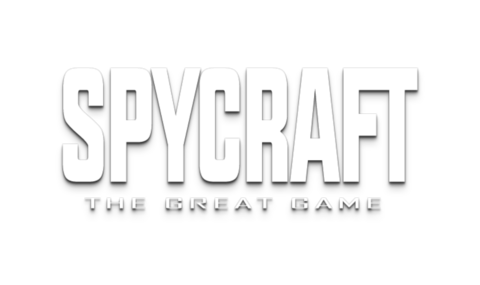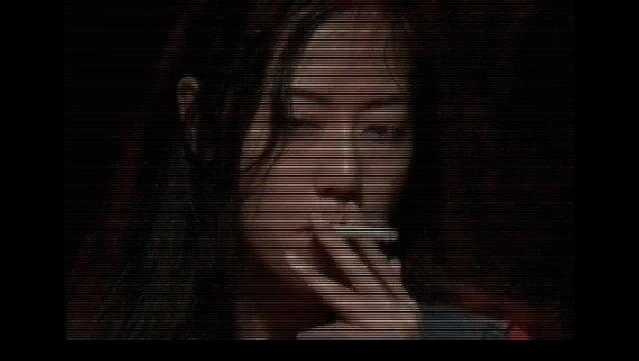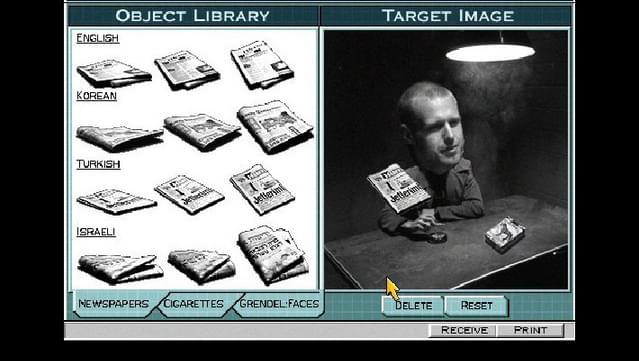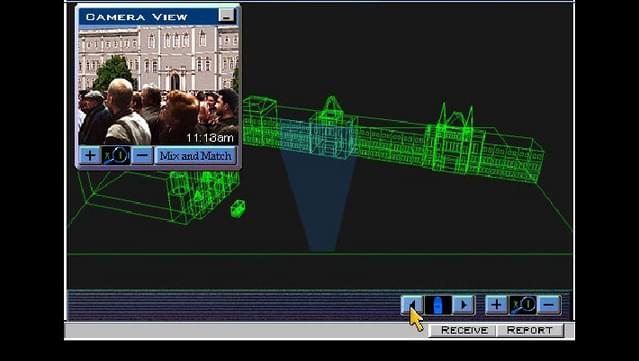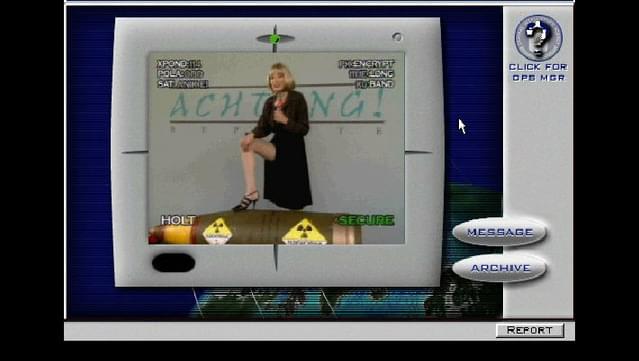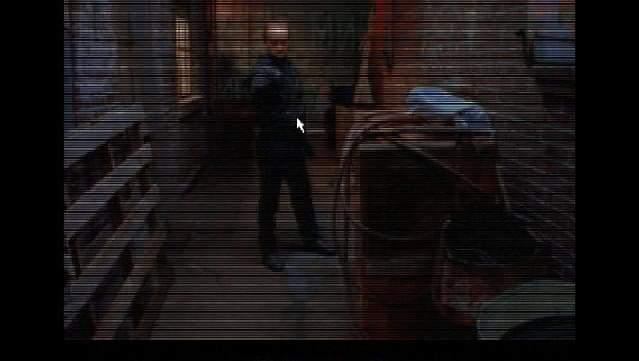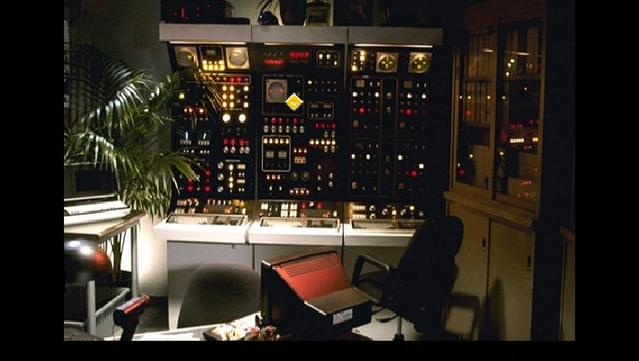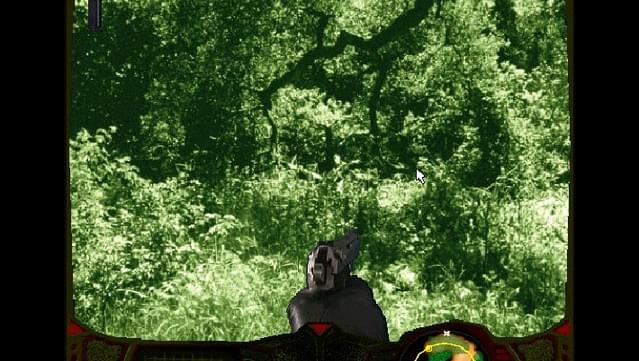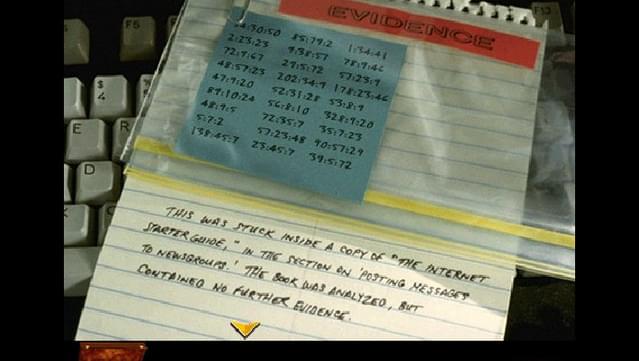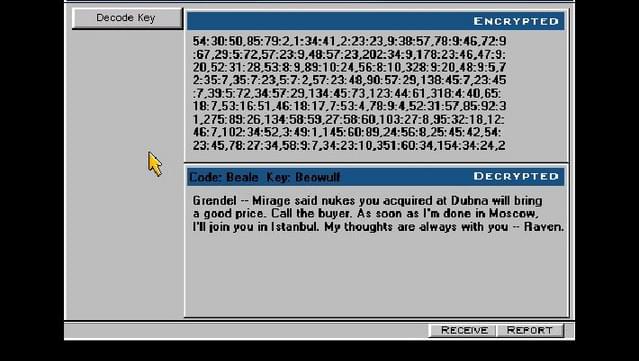The experience of Spycraft is, on the surface, largely familiar if you've played any other game where you float through hallways and occasionally watch a short film clip produced and starring a few people in an office, usually from Chicago. You have to pay attention, gather clues from dialog and visuals, and put together the pieces of a logic puzzle that they all lead up to.
The difference is that Spycraft is based, lovingly and reasonably faithfully, to actual spycraft. A lot of material from the CIA manual (parts of which are public, look it up!) and theory relevant to the trade in the waning days of the Cold War's aftermath are front and center here. Of course, that means you're shown a rudimentary digital camera with a giant hard drive and expected to be wowed by it, but let's move past that.
Sometimes that even makes for a great game. Take, for example, the fine detail of having to keep track of other spies, some of whom might be turncoats. They give themselves away, but only subtly, and often with little room for you to act on the realization. Other times, you have to be the rat, taking advantage of a lapse in somebody's attention to investigate their things, or even perform a tragic double cross.
The game doesn't let you negotiate with its morally grey areas, which is both interesting and one of its downfalls. The ending has a tough decision for you to make, but it's presented as a binary when the reality could go in half a dozen directions. It doesn't quite feel in tune with the rest of the game.
This feels, somehow, forgiveable. Video doesn't let you have too much flexibility, so we'll allow it this time. The ride you take getting to the end is sometimes tedious (you'll learn why terrorists demand non-sequential bills,) and sometimes exhilirating. When you navigate a puzzle on your own, it feels great.

